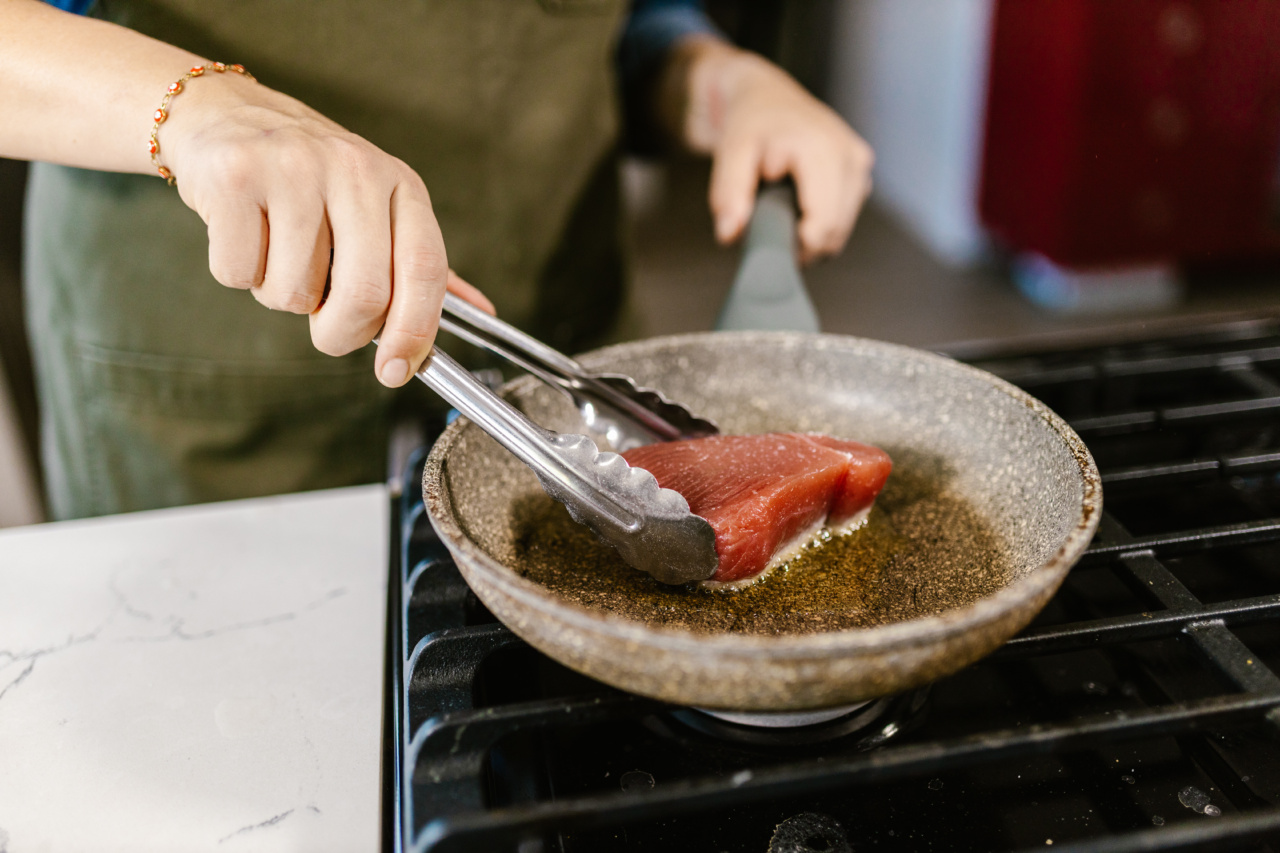Recent studies have shown a concerning correlation between the consumption of red meat and the worsening of symptoms in individuals with bowel diplomatitis.
Bowel diplomatitis is a chronic inflammatory disease that affects the lining of the colon and rectum, causing symptoms such as abdominal pain, diarrhea, and rectal bleeding. While the exact cause of bowel diplomatitis remains unknown, several factors, including diet, have been linked to the severity of symptoms.
The Role of Red Meat in Bowel Diplomatitis
Red meat, which includes beef, pork, and lamb, has long been debated for its impact on various health conditions.
In the case of bowel diplomatitis, studies have shown that the consumption of red meat exacerbates inflammation in the colon, leading to an increase in symptom severity. The precise mechanism through which red meat affects bowel diplomatitis is not yet fully understood, yet it is believed to be associated with the high content of saturated fats and heme iron present in these meats.
Impact of Saturated Fats on Bowel Diplomatitis
Saturated fats, which are abundant in red meat, have been linked to various negative health outcomes. These fats have been found to trigger an inflammatory response in the body and worsen symptoms in individuals with bowel diplomatitis.
When consumed in excess, saturated fats can disrupt the balance of gut bacteria and lead to increased permeability of the intestinal lining, allowing harmful substances to enter the bloodstream and aggravate inflammation.
Heme Iron and Bowel Diplomatitis
Another potential culprit for the worsening of bowel diplomatitis symptoms in red meat consumption is heme iron. Heme iron is a type of iron that is more readily absorbed by the body compared to non-heme iron found in plant-based foods.
High levels of heme iron have been associated with oxidative stress and increased production of reactive oxygen species, both of which can contribute to inflammation and tissue damage in the colon.
The Importance of Diet in Bowel Diplomatitis Management
While red meat may worsen bowel diplomatitis symptoms, it is important to note that diet alone cannot be solely blamed for the development or progression of the disease.
Bowel diplomatitis is a complex condition influenced by a combination of genetic, environmental, and immune factors. However, adopting a diet that minimizes the consumption of red meat and focuses on foods that promote gut health may provide some relief for individuals with this condition.
Recommended Dietary Changes for Bowel Diplomatitis
1. Increased Fiber Intake: Fiber-rich foods such as fruits, vegetables, whole grains, and legumes have been shown to have anti-inflammatory properties and promote healthy digestion.
Including these foods in your diet can help alleviate symptoms associated with bowel diplomatitis.
2. Omega-3 Fatty Acids: Foods rich in omega-3 fatty acids, such as fatty fish (salmon, mackerel, sardines), flaxseeds, and walnuts, have been found to help reduce inflammation in the body.
Including these foods in your diet may help manage symptoms of bowel diplomatitis.
3. Probiotics: Probiotics are beneficial bacteria that can help restore the natural balance of gut flora. Consuming foods such as yogurt, kefir, sauerkraut, and kimchi, or taking probiotic supplements, may help alleviate symptoms and improve gut health.
4. Limiting Red Meat Consumption: While red meat does not need to be completely eliminated from the diet, it is recommended to limit its consumption.
Opt for leaner cuts of meat and consider substituting some meals with plant-based protein sources like beans, lentils, tofu, and tempeh.
Consulting a Healthcare Professional
If you have been diagnosed with bowel diplomatitis, it is essential to work closely with a healthcare professional, such as a gastroenterologist or a registered dietitian, to develop a personalized treatment plan.
They can provide guidance on dietary modifications and recommend appropriate interventions or medications to manage symptoms effectively.
Conclusion
Red meat consumption has been found to worsen symptoms in individuals with bowel diplomatitis. The high content of saturated fats and heme iron present in red meat is believed to contribute to increased inflammation in the colon.
While diet alone cannot fully prevent or cure bowel diplomatitis, making dietary changes such as increasing fiber intake, incorporating omega-3 fatty acids, and limiting red meat consumption, can potentially help manage symptoms and improve overall gut health. Consulting a healthcare professional is crucial to create an individualized plan that addresses specific needs and ensures optimal management of bowel diplomatitis.





























